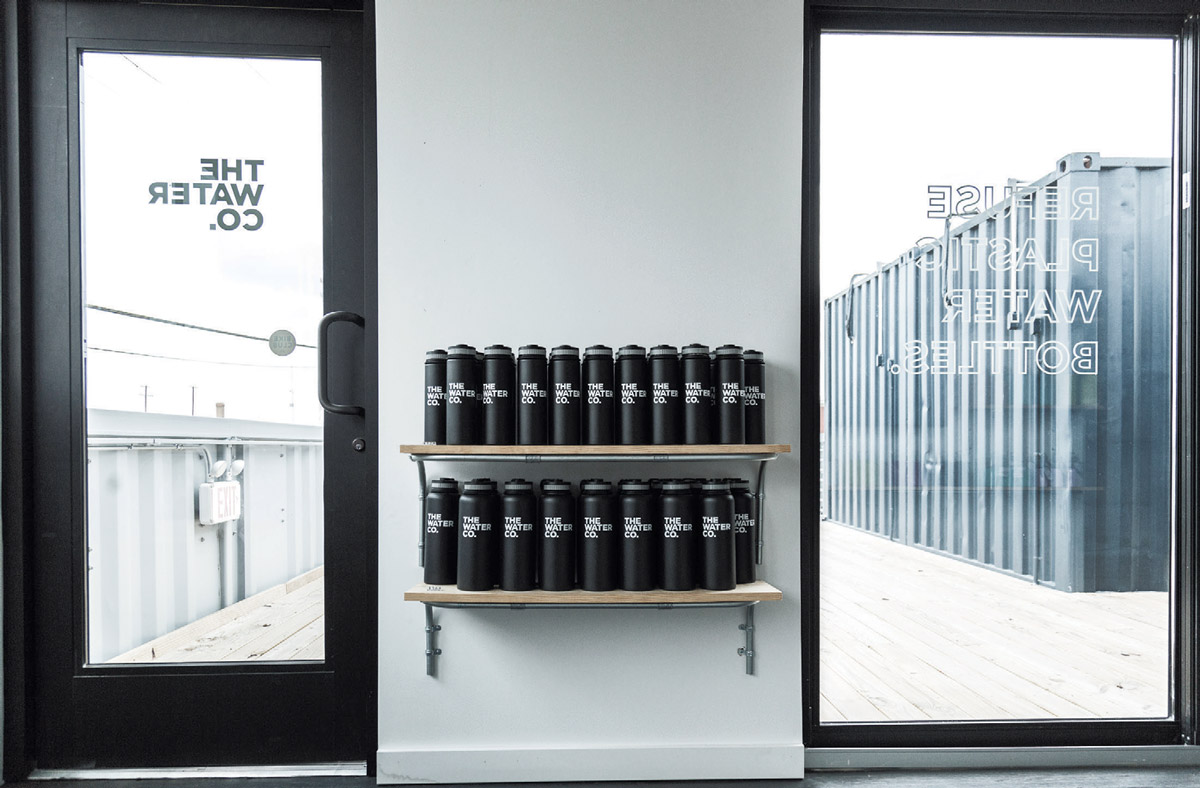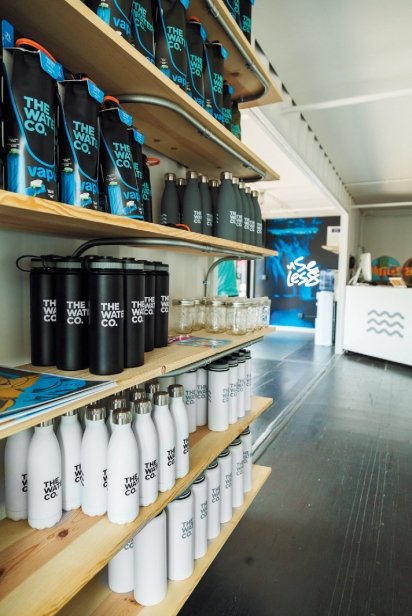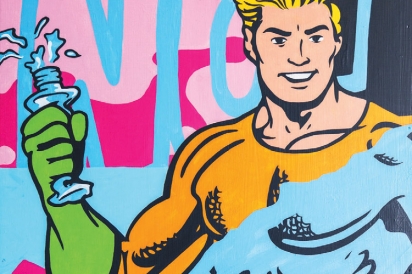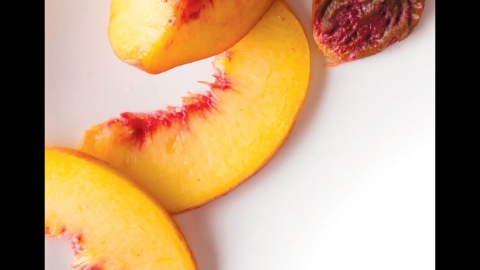Slow Water: Bottle Your Own (Local) Agua
We love certified organic and yet we can’t say where our drinking water comes from.
I graze among a growing number of herbivores and carnivores who want to know the who/what/where/how/why of the food presented to us on a daily basis. Tulsa, with its deepening and broadening roots in the farm-to-table movement, is beginning to commit to all-things-local. This especially applies to juices, coffee, microbrews, whiskey and wine.
And yet, most of us do not know where our drinking water comes from. (No, it’s not the Arkansas River.)
As an entrepreneur, it’s fun to watch locals declare war against the empire. Armed with pickaxes and hoes—literally—they are gaining ground all over town ... stealing market share from national and global food brands that are more committed to promoting organic Cheetos than locally grown food.
Thanks to a small army of farmers, restaurant owners and a burgeoning flock of stone-cold foodies, Tulsa is evolving into a vibrant, sustainable slow-food market that is slowly beginning to reject convenience. Because, like Grandma used to say, “Convenience, my dear, is bullshit.” She didn’t say that. But she would have if she saw the mess we’ve made.
Slow Food
Slow Food is the grassroots organization founded in Italy back in 1986 by Carlo Petrini. As the story goes, Carlo tried to prevent McDonald’s from setting up shop in Rome. The movement spread worldwide promoting an alternative to fast food and advocates today still subscribe to the idea of preserving traditional and regional cuisine and encouraging the farming of plants, seeds and livestock characteristic of local ecosystems.
As for Tulsa, slow food is alive and well. One trip to the Cherry Street Farmers’ Market on a Saturday morning in July is all the proof you need.
Tulsa Tap
Since you’re now wondering where Tulsa gets its drinking water, it comes from three area lakes: Spavinaw, Eucha (pronounced “YOUchee,” rhymes with “hoochie”), and Oologah. This surface water flows hundreds of miles to water processing plants across Tulsa before it eventually arrives at your tap. Ranked as one the best large cities in the country for municipal water, it still rankles all kinds of people (for all kinds of reasons) because municipal leaders elected to use fluoride and chloramines to “clean” our water. Here’s the deal: Most Tulsans (and most Americans) are conditioned to drink filtered water over tap water. Think about it. We’ve consumed truckloads of bottled water for the past two decades. So whether you’re a tap water OG who thinks the rest of us are pansies for drinking filtered water or if you love the taste or feel of “natural” spring water (which by the way, requires tons of fossil fuels just to bottle and ship to you for your 20 minutes of “natural” enjoyment and hydration) ... this fact remains:
Filtered local city water is the cleanest, least expensive and most sustainable water we have to drink.
Slow Water
I have a simple idea that tree huggers, health nuts, tightwads and, yes, even the strictest right-wingers in town can agree upon. And it won’t require most of us to change our behavior. Much.
Bottle your own water.
That’s it. That’s the idea.
If we all had access to clean drinking water, and we all carried reusable bottles, why would we need to keep consuming expensive, heavy, inconvenient, pain-in-the-ass loads of bottled water?
Has it ever crossed your mind that the single-serve water bottle you last purchased at the convenience store was sold at the rate of $13 a gallon? That’s six times the price of a gallon of gasoline. Does this sound drunk to you? It does to me.
And according to multiple government and environmental research sources, an estimated 500 million plastic straws are disposed of daily in the United States. That’s more than 182 billion plastic pieces of solid waste littering our streets, clogging our landfills and choking our streams, rivers, lakes and coastlines. So while we’re at it, can we all start refusing plastic straws, too?
Reusable food-grade stainless steel and glass straws are easily accessible and affordable ... as are reusable cups and grocery bags. And please, for the love of beautiful and ugly children alike, do not get me started on Styrofoam. These cups, plates and food packaging in Tulsa need to go away. Right now. And I and other entrepreneurs are working on a perfect, sustainable alternative in the works to replace it.
So ... Slow Water. Can you feel it?








